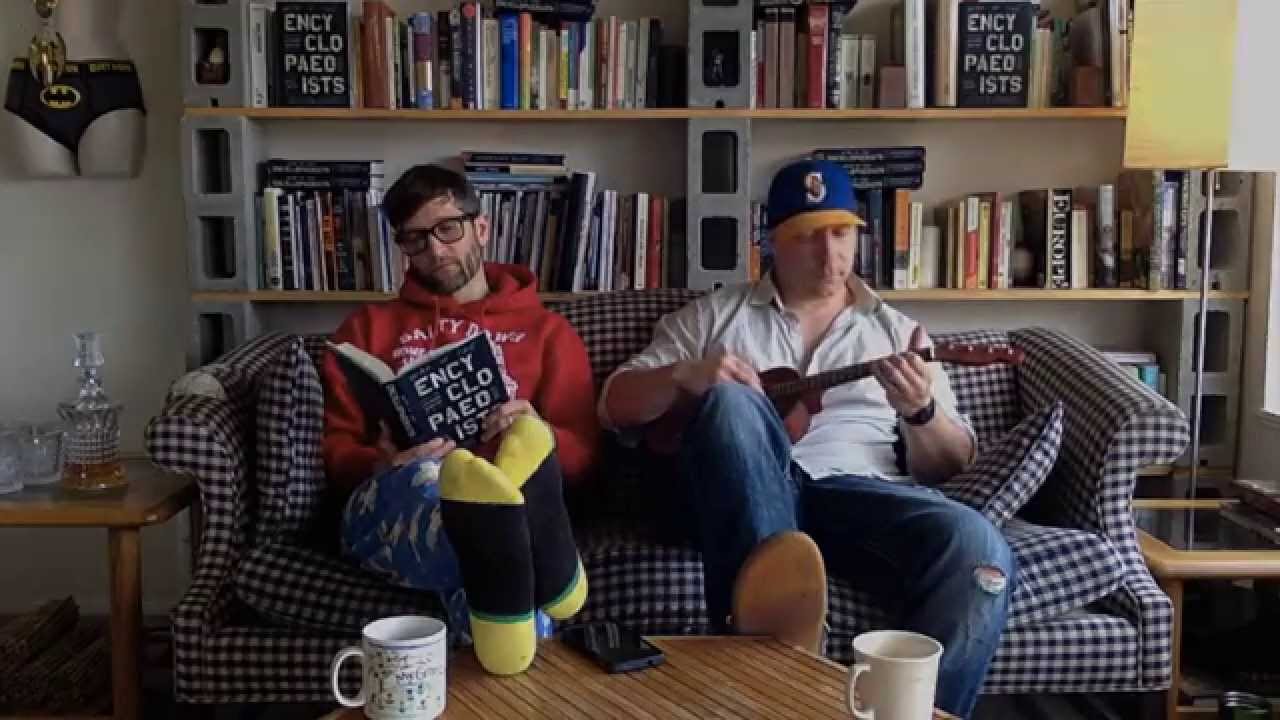There’s a lot to admire in the ambition of War of the Encyclopaedists, a collaborative novel set during the occupation of Iraq from MFA graduate Christopher Robinson and platoon leader Gavin Kovite. It nails both the pathetic pretence of bohemian academia and the absurdity of unpopular military operations. The mock Wikipedia entries and references to Myspace that scatter this chronicle for the millennial generation offer relevance and knowing insight. Pity, then, that the narrative itself never quite coheres into a satisfying whole.
The problem is in the characters. Mickey Montauk and Halifax Corderoy throw insufferably hipster art parties in Seattle and are knee-deep in a love triangle with the sketchily drawn Mani. Montauk has the spectre of an Iraq call-up on his mind, and Corderoy is off to grad school – but it takes an age for these eventualities to play out. The line between satire and sympathy for these well-educated lost souls is blurred – and though there’s the sense that this dichotomy is actually Robinson and Kovite’s point, it’s far too easy to lose patience with their leads.
Perhaps naturally, the war sections are a lot more visceral and interesting. There’s a murder mystery of sorts, and the love triangle becomes a square with the contrived appearance of Corderoy’s flatmate in Iraq. But it’s the set pieces amid the havoc of car bombs and checkpoints that really hit home. Montauk narrates such scenes from a disturbingly detached viewpoint, noting that this “particular kind of tableau” always boasts an interesting flourish – for example: “a little baby shoe with a little baby foot still in it”.
And in the end, War of the Encylopaedists is only convincing in such standout lines, rather than chapters. The musings on life in Iraq, with its “hundred horrific possibilities every single day”, or the mournful assessment of the millennial generation as “glorious fools born into a vacuum of need [with] no idea of who we are”, do strike a chord. But it’s the penultimate mock Wikipedia entry that really says it all about this flawed but interesting novel: “war… makes otherwise lacklustre narratives compelling”.


